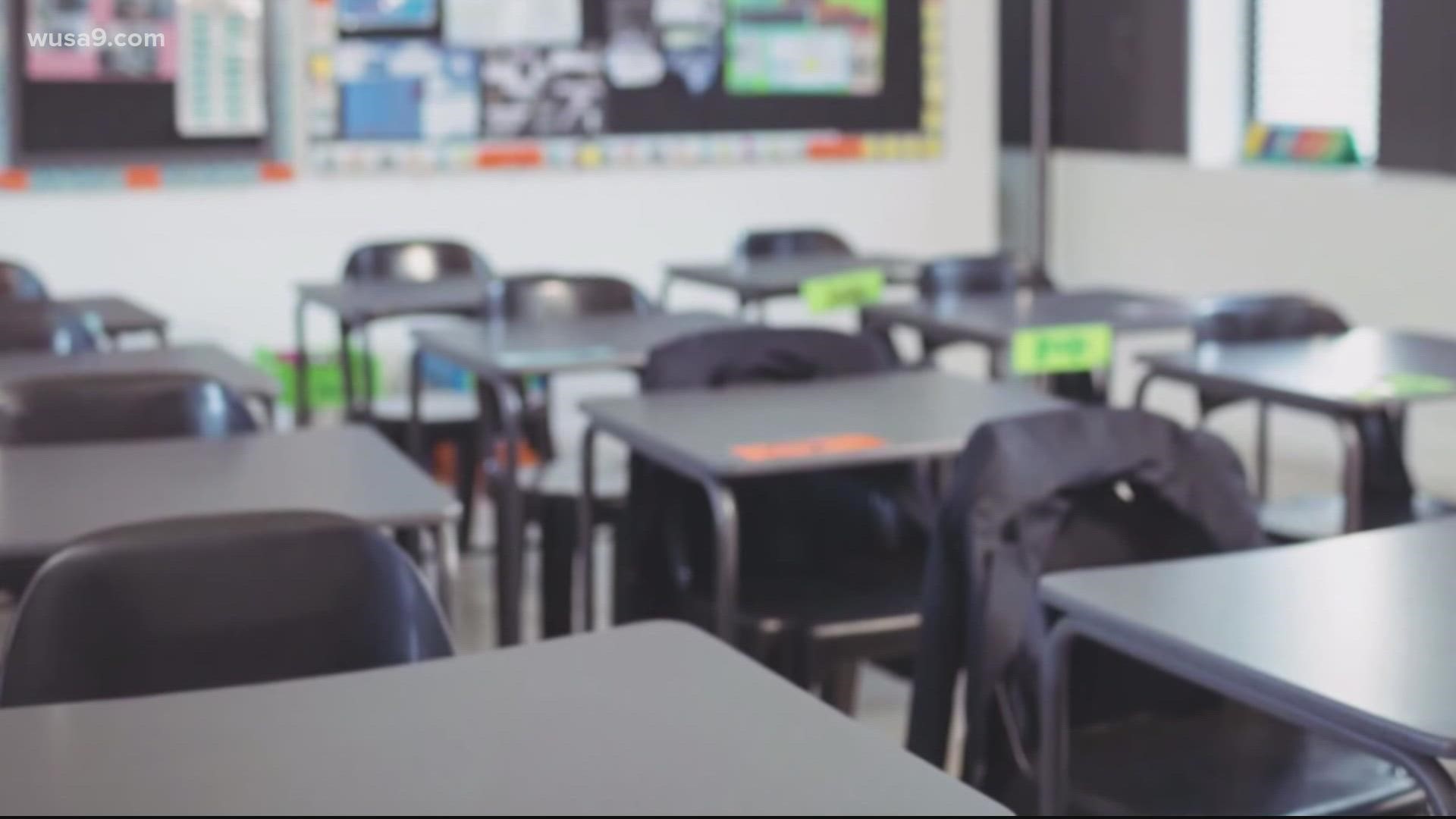WASHINGTON — As students prepare to head back to the classroom this fall, many of them may be dealing with a wide range of mental health concerns.
Hospitals saw an increase in children going to emergency rooms for mental health-related visits in 2020, according to the Centers for Disease Control and Prevention (CDC).
School counselors are preparing for some of those issues to follow older and younger students back to the classroom.
“Students were having a normal reaction to an abnormal situation,” Dr. Nikki Poindexter Ham explained on how students coped with the pandemic last school year.
Dr. Poindexter Ham is the Associate Director of Clinical Counseling and Field Experience at Bowie State University. She also serves as the President of the Maryland School Counselor Association.
She said some of the mental health issues school counselors will be looking out for this fall are stress, anxiety, and depression.
“Students – they’re going to be anxious, they’re going to be nervous,” Dr. Poindexter Ham said. “Some part of it – that’s a normal part of it because that’s a normal reaction to an abnormal situation. But then, when it begins to escalate and interrupt their ability to learn – that’s when they need to come and see me.”
Some behaviors in students that may help parents and school staff recognize that some of the mental health challenges are happening include but are not limited to:
- Moodiness
- Anger
- Bedwetting
- Disinterest
- Academic Challenges
If a parent or caregiver recognizes some of those behaviors, Dr. Poindexter Ham said they should first trust their instincts.
“If you’re noticing those behaviors and you’re seeing things... trust that,” she said. “So, then the next step is to work with your healthcare provider or your community provider.”
From there, caregivers should begin to work and determine for their families and communities whether counseling is something that will be beneficial.
Dr. Poindexter Ham added that parents should start getting into back-to-school routines early so students get used to them before school starts.
It is also important for parents and school staff to check in with themselves and take care of their mental health too.
If you or someone you know is experiencing a crisis or thoughts of suicide, call the National Suicide Prevention Lifeline at 1-800-273-8255.

